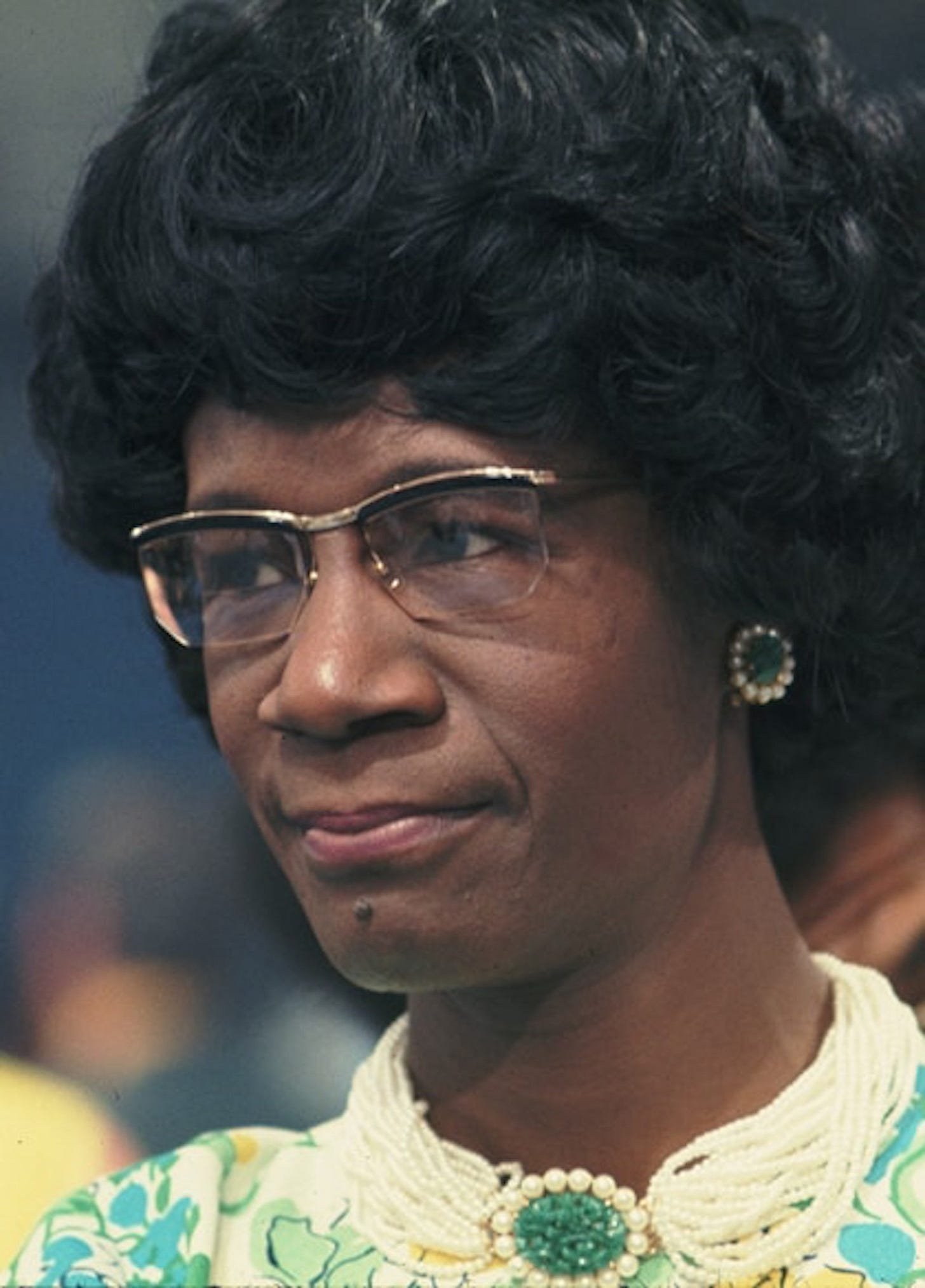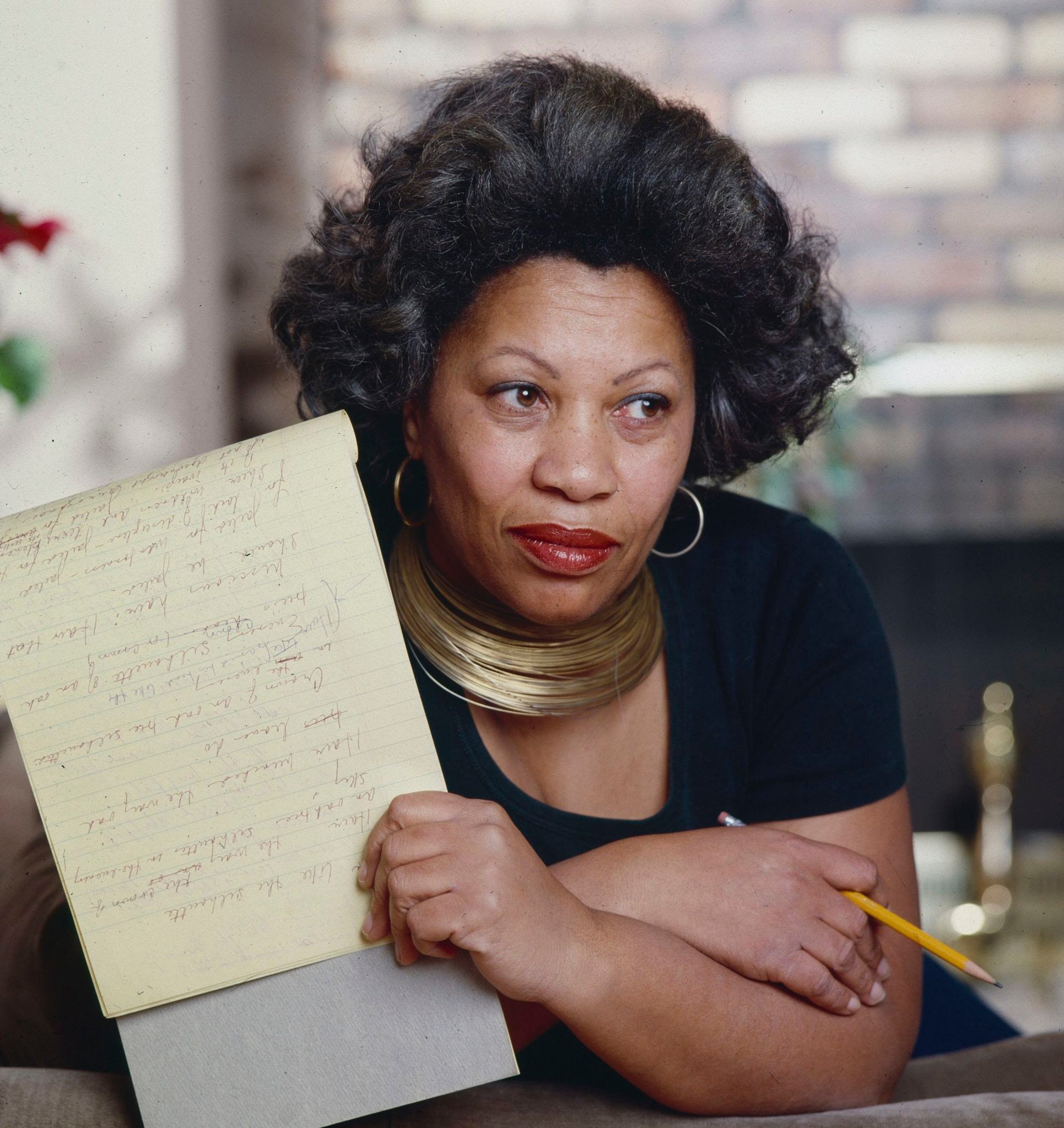Capitol Hill Community Seeks to Create a New Legacy For Students: Vote for a New Name of John Tyler Elementary School
Shirley Horn (Top Left), Shirley Chisholm (Bottom Left), Toni Morrison (Top Right), Elizabeth Catlett (Bottom Right)
Written by Aaron Kershaw
Research by Aaron Kershaw/Rachel Tracey
The naming of monuments, military bases, and schools has long served as a macro-aggression against this country's oppressed and underserved communities. Imagine naming your firstborn after the person you identify as your greatest betrayer. Well, metaphorically, that is commonplace in America, as nine military installations in the South bear the names of treasonous Confederate generals who fought against the United States to uphold slavery and white supremacy. In recent years, informed citizens nationwide have campaigned to remove the names of traitors, owners of enslaved people, leaders of genocide against Native Americans, and anyone else who represented or upheld bigotry and discrimination from taxpayer-funded properties.
Meanwhile, located in the Capitol Hill neighborhood of Washington DC stands a loving, lively, and diverse public school that, at its core, is diverse in thought, racial and cultural makeup, as well as language and artistic expression.
This school community works daily to outshine the vile and highly inappropriate name on the door and does so in a beautiful, inspiring way. Teachers and staff greet students with smiles, hugs, and high-fives at the door. The Tyler PTA is also often front and center, informing parents about upcoming events, fundraisers, or other information pertinent to their child's educational experience. The school's principal, Jasmine Brann, seemingly knows each student's name and converses with them in English and Spanish, creating warm moments that prepare them for a great day of learning.
John Tyler Elementary School is a DCPS bilingual arts school with a dedicated administration and staff that works tirelessly with its engaged community to ensure outstanding academic achievements while teaching its students to embrace the beauty of diversity.
The opportunity for children to learn Spanish for many families is a highway to better understanding the world around them. Learning an additional language has proven to open a child's mind in a way that other subjects may not, so imagine a child's dismay when they come to know how closed-minded the man was that the school's name honors.
An account of John Tyler's public record, life, and troubling beliefs can be read in full here, but he was objectively not a good man who died clinging to white supremacy as a traitor to the country he served as president.
Over the past several years, community members raised concerns over the school's name and began the renaming process required by DCPS. During this process, the community submitted over one hundred names that would better represent the values and hopes of the school and community at large.
Now, over two years into this process, a renaming committee of community stakeholders was formed to create a ranking system to bring four names forward for a vote that would change a school's and community's history forever.
This renaming committee (of which I am a part) put together an eight-category voting rubric to ensure the school's new name would be of an honorable and exceptional individual who used their time, talents, and tenure in public life to promote the values found in the school's community. Below are the four women who are the finalists, and one of them will become the school's new name, replacing the dishonorable name John Tyler with a name the community chose, providing an opportunity for a school to reflect its academic program and its values through its name.
This is an exciting moment to be a part of positively reshaping history. Read these short biographies and consider their activism, intellectual curiosity, bilingualism, artistic gifts and expressions, and a laundry list of accomplishments to make an informed decision before you cast your vote.
Restoring Justice: Renaming John Tyler Elementary | Washington DC
Elizabeth Catlett
Elizabeth Catlett was a versatile artist who excelled in sculpture, painting, and printmaking. Her influence as an artist, activist, and teacher extended over time and geographical boundaries. Her artwork is notable for its portrayal of African-American women and its direct confrontation of the racial and social injustices experienced by the Black community in the United States.
Catlett was born and raised in Washington, DC, and graduated with honors from Howard University in 1937. She began her career as a high school art teacher in North Carolina before pursuing a master's degree at the University of Iowa. She later traveled to New Orleans, Chicago, and New York City for artistic pursuits.
In 1946, she was awarded a fellowship to study in Mexico, and she ultimately made Cuernavaca her home for the remainder of her life, creating art there for six decades. Throughout her career, Catlett remained dedicated to social justice causes, often depicting the struggles of working-class people and marginalized communities in her artwork.
Shirley Chisholm
Shirley Chisholm was a remarkable figure who made significant contributions as an educator, activist, and politician. She achieved numerous historic firsts, including becoming the first Black woman to serve in the United States Congress and the first Black candidate to seek a major party's nomination for President. Born in Brooklyn, Chisholm spent most of her childhood in Barbados before returning to New York City to complete high school. She graduated with honors from Brooklyn College and earned a master's in Early Childhood Education from Columbia University.
Driven by her commitment to serving underserved communities, Chisholm became involved in local politics, serving in the New York legislature before being elected to Congress. Her autobiography, "Unbought and Unbossed," reflected her fearless advocacy for the rights of immigrants, children, women, and low-income families during her seven terms in Congress. With her fluency in Spanish, she was able to connect with a diverse range of voters.
Chisholm strongly supported the Equal Rights Amendment and played a pivotal role in the passage of the Supplemental Nutrition Assistance Program (SNAP) and Title IX, which prohibits gender discrimination in education and related programs. She was also a founding member of the National Women's Political Caucus, the National Organization for Women, and the Congressional Black Caucus. In 2015, Chisholm was posthumously awarded the Presidential Medal of Freedom, cementing her legacy as a trailblazer and champion of social justice.
Shirley Horn
Shirley Horn was a celebrated figure in the jazz world, renowned for her unique contralto voice, unhurried tempo, and impressive piano accompaniment. Born and raised in Washington, DC, Horn's passion for music began at an early age, and she began playing the piano at just four years old. By the time she was twelve, she was already studying classical music at Howard University's Junior School of Music. As a teenager, she built a reputation for herself by performing in the clubs and lounges along the U Street corridor.
Horn's illustrious career brought her national and international recognition, including performances at prestigious venues like Lincoln Center in New York City and even the White House. Over the course of her career, she received nine Grammy nominations, winning two, and was honored by the 109th US Congress for her contributions to jazz and American culture. She also received the Kennedy Center Honors and the National Endowment for the Arts Jazz Masters Award, cementing her status as a true jazz music icon.
Toni Morrison
Toni Morrison was a prolific writer, educator, and editor renowned for her masterful storytelling and incisive essays. Best known for her novels The Bluest Eye, Song of Solomon, and Beloved, Morrison's work delves into the lives of rural African-American communities, exploring themes of identity, racism, and the human condition. Born in Ohio, Morrison obtained a BA in English from Howard University and a master's degree in American Literature from Cornell University. She made history as the first Black woman to receive the Nobel Prize in Literature, and her impressive list of accolades includes the National Humanities Medal, the Presidential Medal of Freedom, and induction into the National Women's Hall of Fame. Morrison's legacy as one of the most influential writers of the 20th century endures today.








